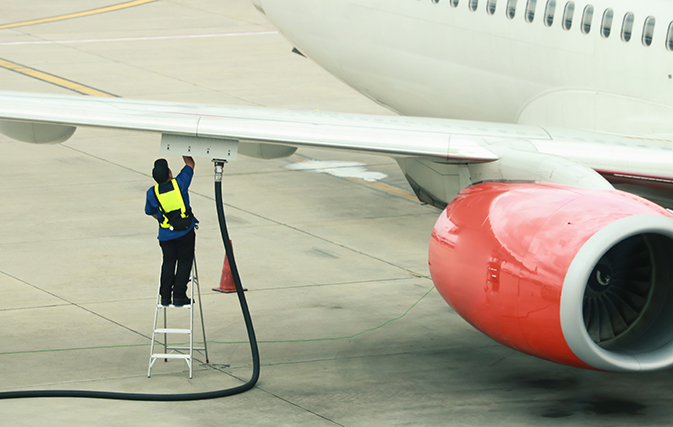MONTREAL — Rising fuel costs drove a 28% year-over-year rise in the price of airfare and helped push inflation to its highest level since 2011.
The leap in airfares – which moved in rough alignment with a 25-per-cent increase in the price of gasoline – tacked on 0.3 percentage points to overall price growth of 3% over the past year, said TD Economics senior economist James Marple.
“It’s not surprising to see that eventually being passed on to consumers.”
The heads of Air Canada and WestJet Airlines Ltd. recently warned that costlier jet fuel would be offset with higher fares.
Air Canada shelled out 32% more on fuel in the first half of 2018 – $1.79 billion – compared with the same period last year. Its Calgary-based competitor spent $583 million on jet fuel in the first six months of 2018, 27% more than its fuel costs in the first two quarters of 2017.
However, gas isn’t the only reason passengers may feel gouged at the gate.
Statistics Canada analyst Taylor Mitchell pointed to a jump in demand for flights to Europe and Asia last month, which may have pushed airfares higher.
“We noticed that that coincides with the World Cup,” Mitchell said. The soccer competition was held in Russia and ran through mid-July.
Mitchell also noted that a StatsCan methodology change last March skews year-over-year comparisons, with the agency now using more data to capture the extent of peak travel.
James Marple called the inflation ramp-up a “one-off” that reflects the impact of higher fuel and labour costs on the airline industry.
“The size of the gain in July can’t have been just a fuel cost thing,” the economist said.
The updraft in fares occurred in spite of the recent rise of ultra-low-price upstarts such as Edmonton-based Flair Airlines and WestJet offshoot Swoop, as well as Air Canada’s Rouge unit.
“If it wasn’t for all this competition in a lot of these big marketplaces, the impact of rising fuel prices or general upward pressure on labour rates in a highly unionized sector might make the price go up more than they did,” said Robert Kokonis, president of Toronto-based consulting firm AirTrav Inc.
